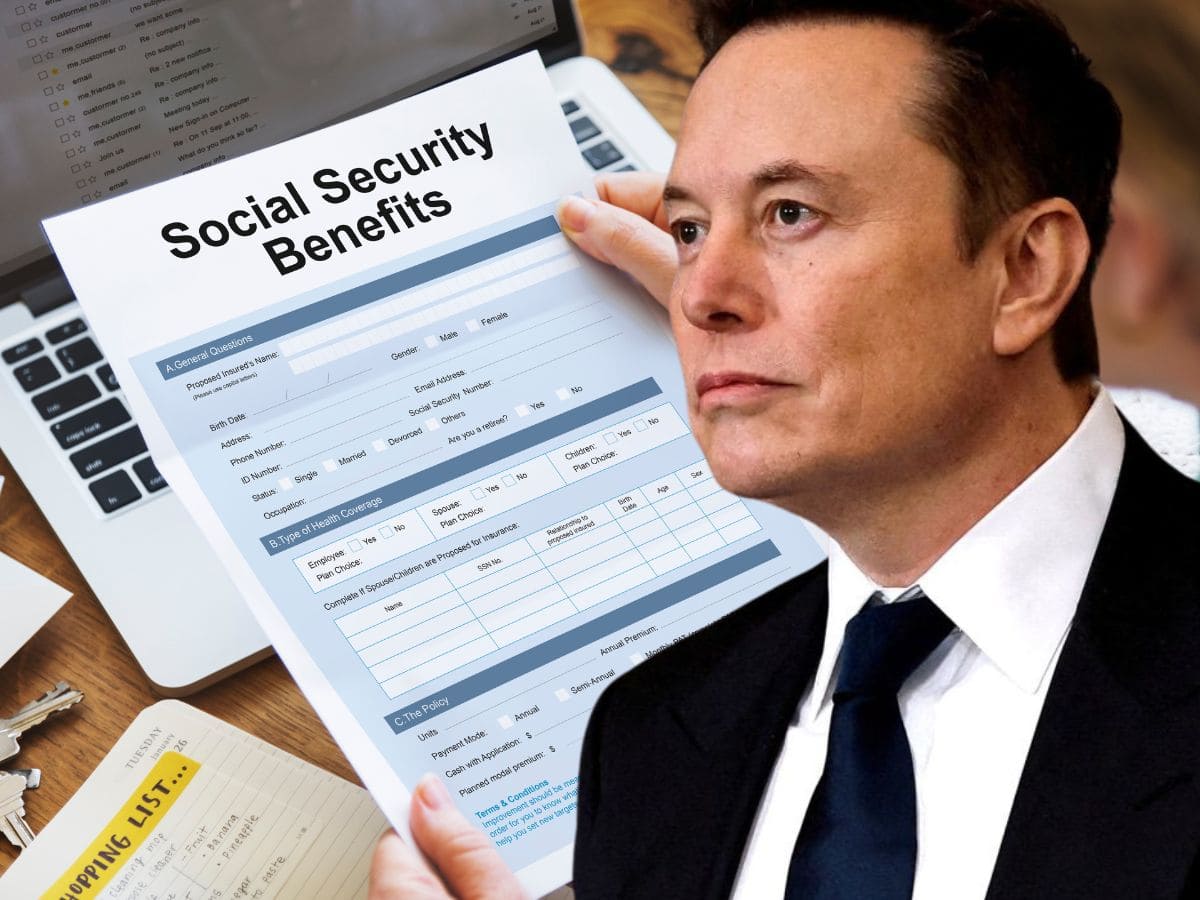Starting April 14, 2025, millions of Social Security beneficiaries in the United States will need to meet a new requirement to continue receiving their monthly payments. The Social Security Administration (SSA) has announced a significant policy update aimed at strengthening security and preventing fraudulent activity within the system.
This new measure is part of a broader initiative led by the Department of Government Efficiency (DOGE) under the Trump administration. According to a report released on March 26, the SSA will begin enforcing stricter identity verification procedures for individuals who are unable to use their personal My Social Security accounts. This change is designed to enhance the integrity of the program and protect taxpayer dollars.
#Breaking: Social Security Updates Recently Announced Identity Proofing Requirements. Read our blog: https://t.co/w8KXoIrDmz pic.twitter.com/o04Pd9uO9D
— Social Security (@SocialSecurity) March 26, 2025
In-person identity checks now required
The new policy mandates that beneficiaries who are registering for the first time or requesting changes to their accounts must verify their identity in person. Failure to do so could result in accounts being marked as inactive or potentially fraudulent, which could lead to the suspension of benefits.
For the past 3 weeks, @SocialSecurity has been executing a major cleanup of their records. Approximately 7 million numberholders, all listed age 120+, have now been marked as deceased.
Another ~5 million to go. https://t.co/wtfYvYMIeW pic.twitter.com/z2GUQnPkhd— Department of Government Efficiency (@DOGE) March 25, 2025
This move comes after internal investigations revealed that millions of dollars in benefits may have been mistakenly issued to deceased individuals. The SSA believes that tightening identity verification protocols will help prevent these errors and ensure that Social Security funds are distributed only to eligible recipients.
Key exemptions and the SSA reasoning
Acting Social Security Commissioner Lee Dudek explained that certain applications—specifically for Medicare, Disability Insurance, and Supplemental Security Income (SSI)—will be exempt from the in-person identity requirement. These programs, Dudek noted, already include multiple verification checkpoints during the decision-making process.
The SSA has also delayed the policy’s rollout by two weeks to allow time for staff training, ensuring that employees are fully prepared to assist the public. Dudek emphasized that the update is part of a broader effort to improve services for the most vulnerable populations, reflecting feedback from Congress, advocacy groups, and beneficiaries themselves.
This updated requirement marks a turning point in how Social Security services are administered, reinforcing public trust in the system and increasing safeguards against misuse of federal funds. Beneficiaries are strongly encouraged to stay informed and take the necessary steps to avoid interruptions in their payments.








